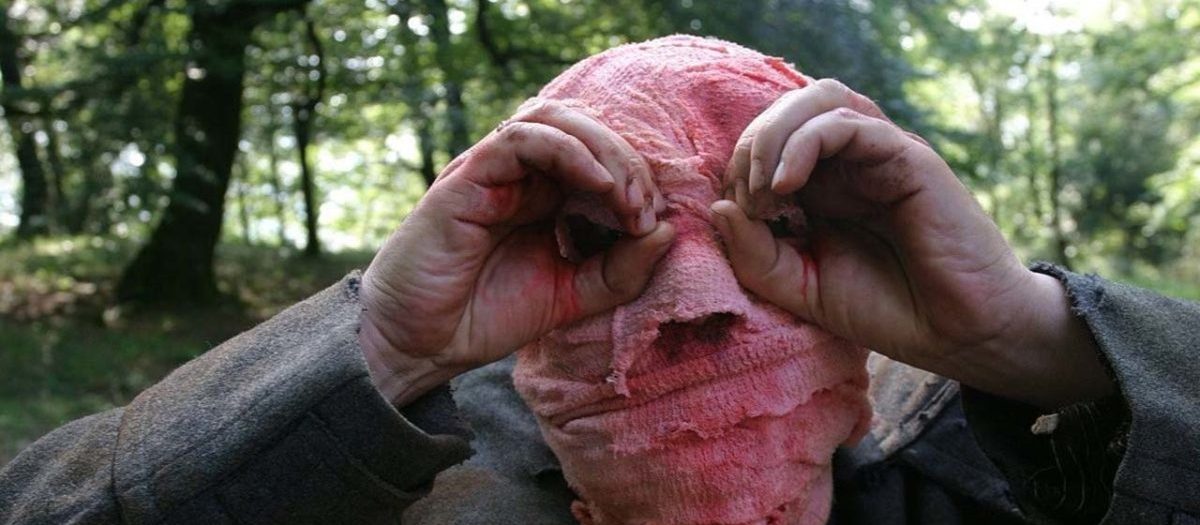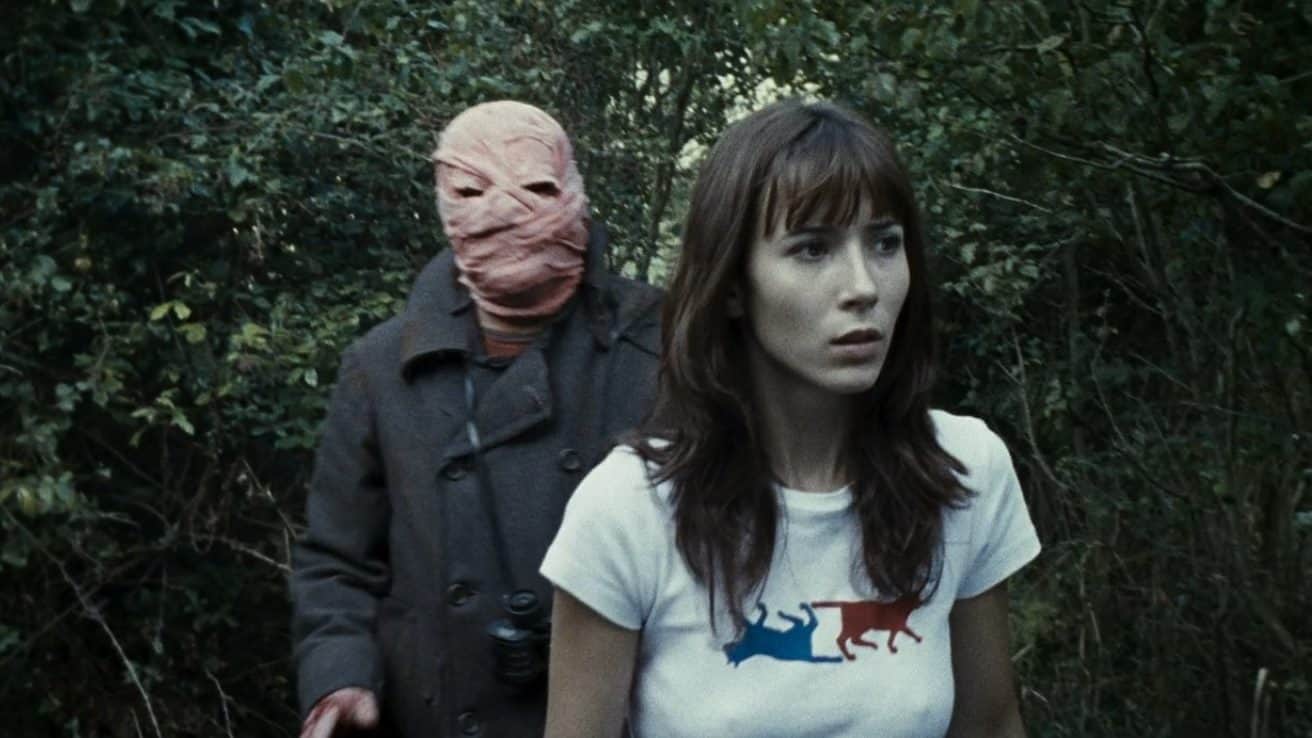

“Technically, you’re the same person. He’s like your reflection.”
Most time travel movies try to keep the mechanics simple and malleable. Hand-waves and sciency jargon allow them to avoid any clumsy explanations for the holes in their systems. That’s generally fine because in most cases time travel is used as a segue into fantasy or as a contrived plot device. It’s not the backbone of the story but a bridge to thematic ruminations elsewhere.
Nacho Vigalondo’s Timecrimes is the opposite. It’s cleverly constructed and fun to unravel as it plays out, but it’s also borderline themeless. After finishing it for the first time, an astute viewer who has picked up on the majority of the clues will be left with a slight thrill at having followed the pretzel-like narrative and understood the rules of its time travel mechanism. And that’s about it. Though exceedingly clever and precisely constructed, it’s ultimately an empty vessel; pure mathematics delivered with a modicum of verve.
Timecrimes tells the story of Héctor (Karra Elejalde), an ordinary middle-aged married man living in the Spanish countryside, whose lazy afternoon turns into a paradoxical nightmare in the blink of an eye. When his wife leaves to run an errand, he finds himself idly surveying the expansive countryside behind his new abode through a pair of binoculars. He spies a pretty young woman (Barbara Goenaga) stripping to the nude, and when she wanders into the forest, he follows her. He finds her lying on the ground, unconscious, perhaps dead. But still naked, which intrigues him. As he approaches her, mystified, he fails to notice the mysterious figure lurking nearby—a heavily bandaged madman who stabs him in the arm with a pair of scissors. Fleeing his assailant, he breaks into a nearby science lab where a man on a walkie-talkie (Vigalondo) guides him to safety, eventually hiding him inside of a liquid-filled vault which is, of course, a time machine.

Time travel veterans likely already know where this is going. Héctor, now six hours younger, discovers that the nude woman/psycho killer scenario wasn’t nearly as straightforward as it first appeared. The scientist has him retrace his steps and, from a hillside vantage, he spies on a stranger living in his own home; a stranger that looks exactly like him; a stranger that is him. And so inevitably the plot involves Héctor attempting to rectify the situation.
Since we follow the “newest” Héctor in unbroken fashion—i.e. when he comes out of the time machine as Héctor 2, Héctor 1 is no longer the main character—Vigalondo is able to present survival as the primary motive instead of the usual correcting of the timeline. To wit, once Héctor 2 realizes that he would not exist if Héctor 1 had not gone into the time machine, he tries to make sure that Héctor 1 takes the exact same course of action so that Héctor 2 will come out of the time machine. It’s in this course of events that we realize he is stuck in a causal loop, that even when we were witnessing the Héctor 1 storyline, Héctor 2 was already involved. And Héctor 2 is not the last Héctor.
Vigalondo clearly put a lot of effort into making sure his story worked from every single angle, mathematically speaking. It plays incredibly straight with the audience and doesn’t use its mechanic unfairly. In fact, it’s almost banal in how nonchalantly those involved react to the fact that time travel is possible. There are no mad scientists trying to change the course of history or trips back to ancient civilizations. In this way, it compares nicely to Shane Carruth’s masterful Primer, a low-budget, low-key indie film in which two engineers accidentally discover time travel. The key difference between their stories is that while Primer takes some dissecting and maybe a rewatch or two or six, it’s not difficult to grasp Timecrimes in real time. That’s ultimately to its detriment however, as unraveling the lemniscate of its plot is the bulk of the fun. Untangling the knot is enjoyable, but since it goes nowhere with the themes it churns up, it lacks the long term value of something like Primer, or even other, less precise time travel movies like Frequency, Donnie Darko, and About Time.